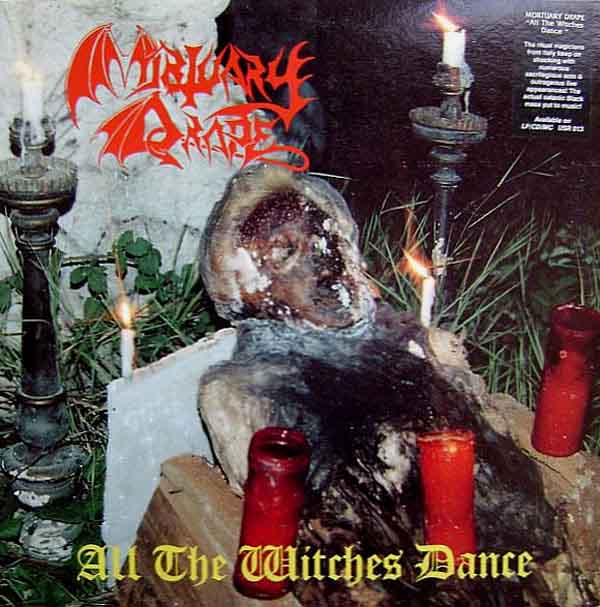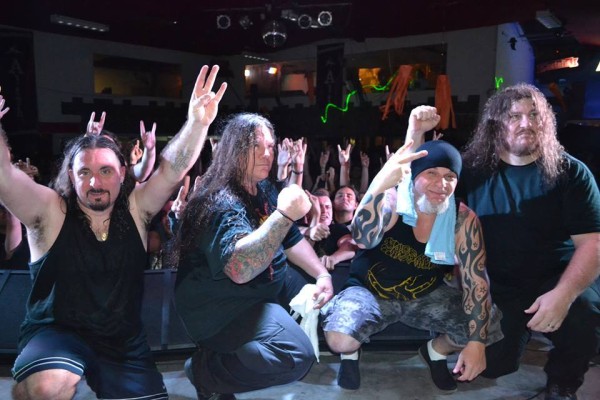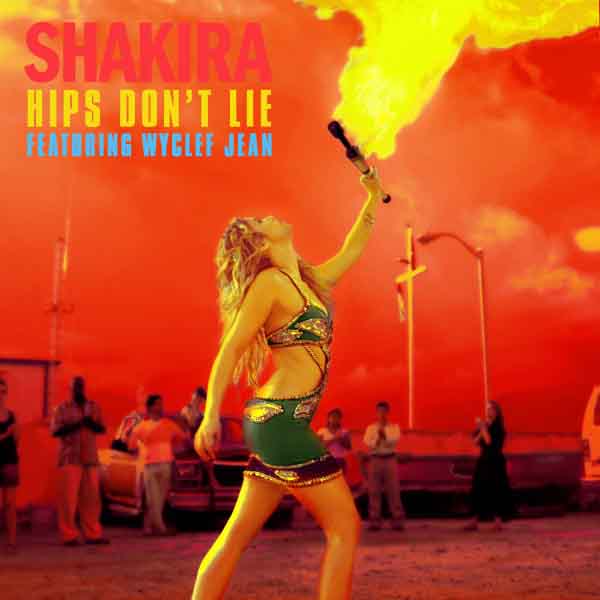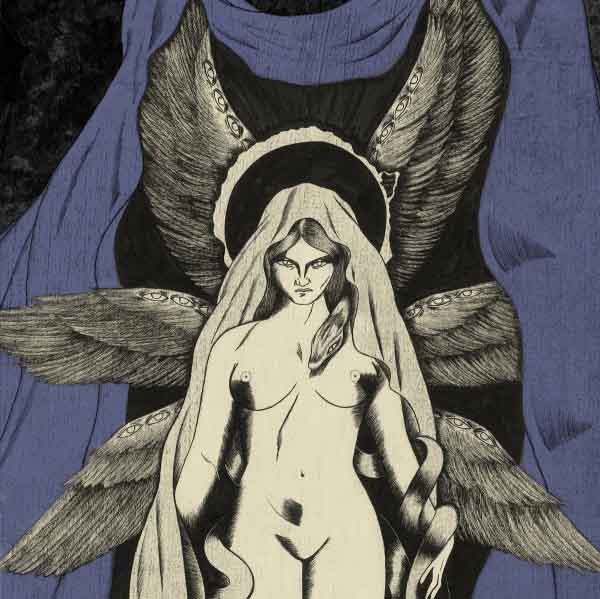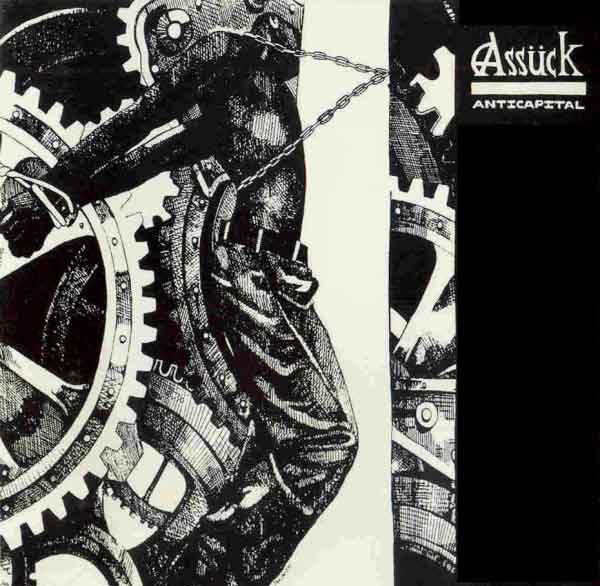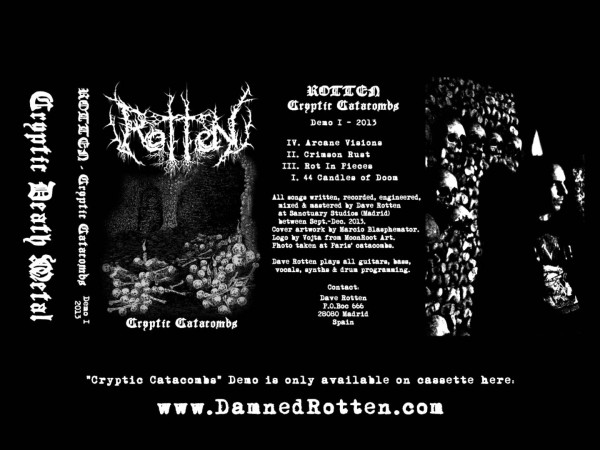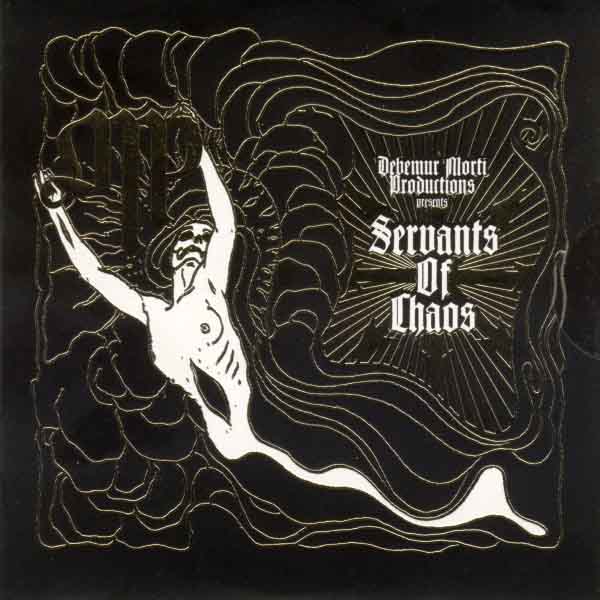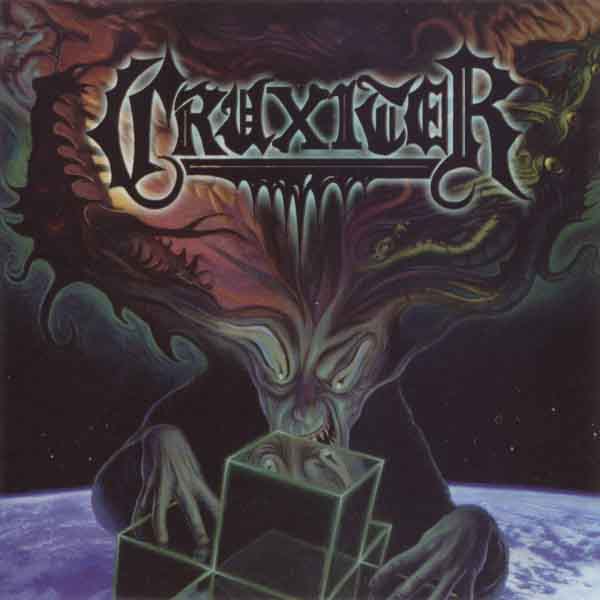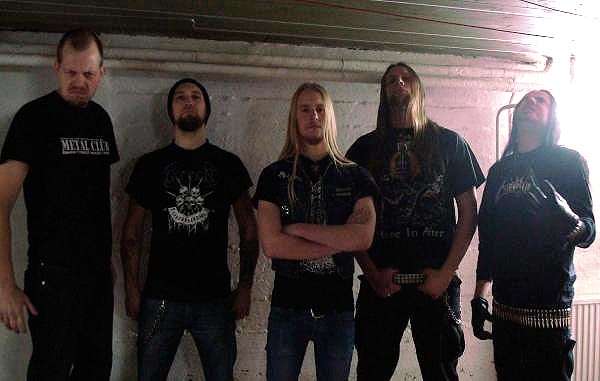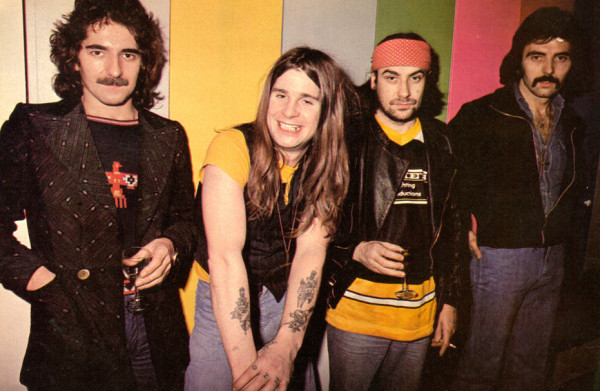Over the four decades that heavy metal has been with us, people in responsible positions in society have gradually become more accepting of it as an art form and a message from its fanbase.
Such acceptance could not exist without people like Dr. Martin Jacobsen, who by teaching a class on heavy metal as literature has introduced academics to the depth and richness of this genre.
For the past semester, Dr. Jacobsen has been teaching “Heavy Metal as a Literary Genre” at WTAMU, where he introduces students to the literary and artistic aspects of heavy metal. In addition, he writes for Death Metal Underground and is a world-recognized expert in death metal who is active in his local death metal scene.
Jacobsen has returned to teach another semester of the class, which seems to be attracting more students as word of it spreads. We were able to follow up on our first interview with Professor Jacobsen to get a feel for what has changed between the years.
This is the second time you’re offering your class on heavy metal, “Heavy Metal as a Literary Genre.” Was the last time a success?
It was beyond successful. Our local paper did a story on us that went viral — ultimately being translated into 7 or 8 languages, and garnering a spot on Brazilian TV and an Canadian Public Radio. Our 15 minutes of fame. DMU was the first to pick up the story, and we are very grateful for your support of our class.
How have you changed the class? Is the class format the same?
It’ll be a discussion class with lots of music-about 50-50. I have added a lecture devoted to death metal, and I plan to add others about other forms. I’m going to require more writing and much more stringent guidelines for that writing. I’ve also invited local recording and performing artists speak about the lifestyle, the recording process, touring.
What is a typical class period like?
We will begin each day with a student presentation of a song . There will be a required PowerPoint slide with it to show the group, album, lyrics, and so on, in proper style-sheet format. It’s a quantity/quality thing. That will be the first 10 minutes or so. There we will have a lesson in which a sub-genre, group, musician or other germane idea is presented in a standard format: Premises, basically the context behind the thesis; thesis, the point of the lecture; and evidence, documented proof of the point and sample songs to let the students hear it for themselves. I am hoping that we will have a Metal God Profile or two, and if we run across something important as we listen and discuss, we will go with it. We will also, I’m hoping, have guest speakers, and I do plan to bring my guitar in to define certain musical structures and so on.
What disciplines does HMLG touch on? It’s a literature class about music; does that influence what you teach?
We will treat music as if it were literature, looking at its structures, motifs, themes. We will identify the features of heavy metal and how those features are altered to signify different sub-genres. There will be a strong trans-historical structure to the class. I like to think of the history of heavy metal as dominoes standing up. Black Sabbath kicked off the genre and their early albums really set the dominoes in motion. But rather than falling, the dominoes rose like headstones.
You were recently quoted in the Amarillo Globe-News with a definition of death metal:
“Death Metal is an extreme form of metal that tends to privilege growled vocals, blast-beat drumming and virtuosic guitar work. Death metal often uses lengthy compositions featuring minor keys and multiple tempo changes. Thematically, death metal often focuses on violence and gore, but themes of all kinds are interrogated by death metal bands, usually reflecting a pessimistic, even hopeless, outlook. Multiple subgenres exist under the banner of death metal.”
Do you teach such things in the class? Do you realize how totally awesome it is to be quoted in your local newspaper as a death metal expert?
We do work with definitions. And it’s damned cool to be quoted as an expert.
You have become a proficient guitarist over the last few months. What has this taught you about metal?
It is sophisticated music. It’s pushing the edges most of the time. In so many ways, it’s like classical music. It uses tempo changes, it’s riff-driven, it features instrumental virtuosity. Learning how to play again has given me a hands-on, ears-on ability to both understand and interrogate elements that would have been only something I’d have talked about before. I’m thinking about taking my guitar to class for some illustrative lessons. Last term, I had students who didn’t know what a riff is. And amp in the room will quickly solve that. Anyway, It’s given me the musical part of the class in a way no other practice could. Knowing a solo or riff enhances my ability to articulate the ways that such elements differentiate or sustain a genre.
This recent guitar-playing is following up on a youthful musical career. Can you tell us about that? What groups were you in, and what styles did they play?
Career is a bit of an overstatement, but I did play in a couple of local groups. One comprised classmates of mine, and we played mostly pop. I was lead guitarist. The other band was a metal band. I played rhythm guitar. We did mostly well-known metal of the early 1980s-Dio, Def Leppard, Scorpions, AC/DC. It was kid stuff in many ways.
What forms of music do you listen to, when you have no agenda at hand? Does this correspond to what was current when you were of high school – college age?
My tastes have gotten heavier as I’ve gotten older. I didn’t listen to anything really heavy in high school. I started metal as a young adult. I returned to it about ten years ago. I like classic metal best. I’m starting to like death metal bands that end up progressive bands, like Opeth. But I like heavy music. Black Sabbath is my favorite group.
I also listen to a lot of prog, Yes and Kansas being my favorites. I like the Flying Colors supergroup. I like some southern rock, but I don’t have a systematic understanding of it in the same way as I do about metal.
What is heavy metal? Is it distinct from rock music? Is death metal distinct from other forms of heavy metal?
We actually sought to define heavy metal as a a group last time. We ended up with this: “Heavy metal is a form of rock music with a heavy, distorted, menacing sound and concerned with dark, disturbing, and pessimistic themes.”
Death Metal is distinct from other forms. It’s often more thematically disturbing than other forms, but in many instances beside the obviously shock-based bands and motifs, it’s disturbing because it’s asking the questions other forms of art — or even metal — do not ask. I’m also really taken with instrumental virtuosity. Death metal tends to privilege excellent playing. It’s a boundary extension thing. And the structures of good death metal are frequently quite elaborate, even symphonic. I think it’s also interesting that some death metal masterminds, say Schuldiner or Åkerfeldt-become proggy later. It’s another type of boundary testing. As I say so often, metal is in so many ways similar to classical music. It’s not surprising that death metal sometimes veers into other genres. Compare that with black metal, which so often seems to have simplicity and even homogeneity as elements of its ethos.
You have said, in the past that much of heavy metal’s content is similar to Romanticism. What was Romanticism? Does it still walk among us?
It totally does. I think of Romanticism as applied Platonic philosophy. Metal at its best offers a way of thinking about music and thinking that breaks the boundaries and lays before us the larger patterns of musical and thematic expression. It’s the boundaries that are interesting to me. And the Romantics did that. They looked at classical sources and wrote (or expressed via many art forms) about their own experiences within that frame.
Has heavy metal changed the way you look at literature?
I think so. I think all art sharpens perceptions and adds ways of experiencing other forms. I’ve taken up the guitar again after a very long time. And while my playing is a work-in-progress, playing again sharpens my listening and adds a critical lens I didn’t have last time. I’m not sure this is a very good answer to your question. I think the way metal expresses itself is literary in its basic constructions, so engaging that enhances how I think. Analyzing lyrics is literary analysis, so from that standpoint I am definitely applying my training to the process and gaining from doing so. And metal also has other ethos-building elements that any humanities scholar would find interesting.
Contact with your students has deepened your own experience of metal apparently. Can you tell us about this?
I have bonded with several students from the earlier class, and I’ve actually met some of my future students at shows. Some of my former students play in local bands. I think it’s incumbent upon me to know my local scene. But the local scene here has become much more to me than metalheads I know. They’ve become my community.
Do you think the administration at WTAMU have become more open to heavy metal thanks to the first semester of this class and the response to it?
Yes. It’s a permanent addition to our course offerings in an era when core classes are evaporating.
Do you think or have experience that this class has made students more motivated to check out more literature?
Yes. I was able to get them to think about books and to read closely for class discussion. Again, it’s a humanities class and the title is a little misleading. We are embracing other forms. But in identifying the literary influences in metal, I have been able to get students to try literature they may not otherwise have tried.
You’re now one of the foremost instructors using metal in classes in the world. What advice do you have for other educators along these lines?
Well, thank you. That’s very kind. The advice I’d give is to proceed only if you have the freedom to do it right. My department and university totally backed me. I’ll also say that you should tap into student knowledge. This is a class where the students may know as much or more about “their” metal as I do about mine. It’s a bit of a partnership. A Facebook page is a good idea too. It takes the learning into their lives where metal is a constant and collects their experiences for the class.
Will there be a open course / distance learning version of the class? Have you considered packaging it as videos like the classes on Coursera or MIT’s open courseware?
We can do it. And the idea of podcasts has been bandied about.
4 CommentsTags: academia, black sabbath, education, Heavy Metal, literature, martin jacobsen, metal academia

